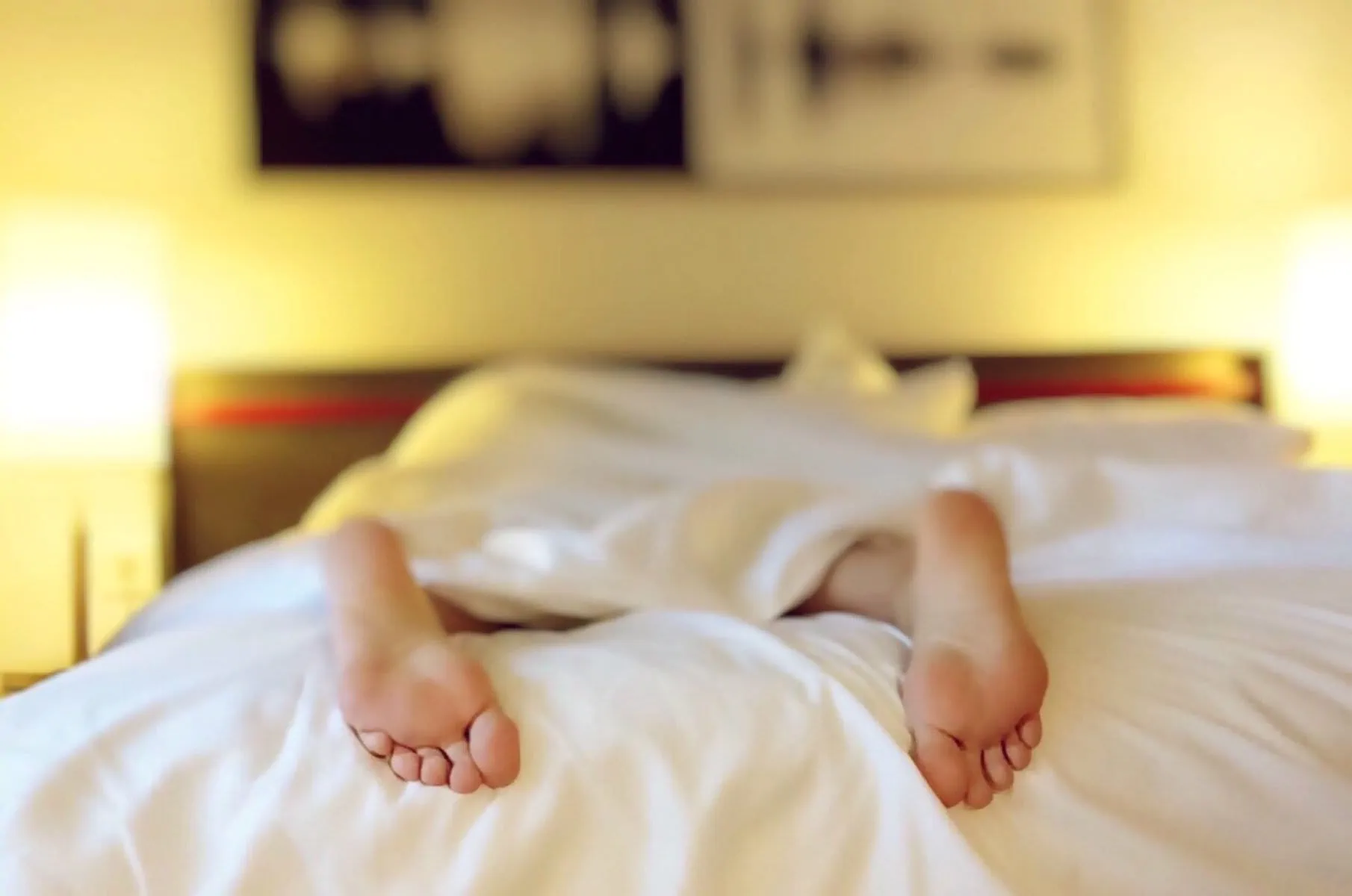Hands up if you’ve been struggling to sleep of late? You’re not alone. With our usually daily routines being thrown out the window, many of us are finding that catching 40 winks is becoming increasingly elusive.
Today we’ll consider some practical strategies to help you improve your sleep habits and catch some quality zzz’s when you hit the hay.
Separate your work space from your rest space
With the vast majority of us working from home these days, it can be easy to adopt some not-so-great sleep habits. Sure it might be cosy and warm to work from your bed, but when it comes to sleep health, this is a no-go (side note, it’s also not a great look when you’re on a work Zoom call). Make a concerted effort to have a clear delineation between the spaces in your house where you work, and those where you rest. This will help ensure your brain associates your bed with rest and relaxation, leading to a better night’s shut eye.
No phone-zone
If you think that a nightly Instagram scroll is the perfect way to send yourself off to the land of nod, think again. Your phone, tablet and laptop all emit a short wavelength blue light, which is understood to interfere with the body’s circadian rhythm (essentially your body’s sleep / wake pattern). When the circadian rhythm is disrupted, so too is the body’s ability to produce melatonin. Melatonin is a key sleep-inducing hormone, so if your body isn’t producing it in adequate amounts you can expect to toss and turn all night – which no body wants!
Consistency is king
Are you one to rise with the sun during the week, but sleep until noon on the weekends? If so, you might want to reconsider your approach. Having a consistent approach to the times that you wake and go to sleep can make a big difference to the quality of your sleep – and again, this relates to your body’s circadian rhythm and its ability to produce the sleep-inducing hormone, melatonin. Not only can consistency improve the quality of your sleep, but a study conducted by Brigham and Women’s Hospital in 2017 found that irregular sleep patterns correlated with lower a lower-grade point average in Harvard undergraduates. Like diet, and exercise, and all healthy habits, for sleep habits – consistency is king!
Keep the gut healthy
With the gut commonly being referred to as the ‘second brain’ and also being one of two organs that produce melatonin (the other being the brain), it’s important to consider the role of the gut microbiome when it comes to the quality of your sleep. A study undertaken by Kent State University in 2017 highlighted a potential link between the gut microbiome and an age related decline in cognitive function. Eating a diverse, balanced diet, adequate hydration and regular exercise are all critical in maintaining the health of your gut microbiome – and perhaps, it seems, your sleep.
Get moving
Not only is regular exercise thought to improve the quality of your sleep, it can also increase the amount of sleep you’re likely to get. Importantly, regular exercise can help with reducing stress and anxiety, both of which are known to disrupt sleep. Regular, moderate intensity exercise can make huge inroads when it comes to getting the shut eye you need to be able to perform at your best.
With these tools for a great night’s sleep up your sleeve, you’ll be getting the quality rest you need in no time. Sweet dreams, readers!
Intended as general advice only. Consult your health care professional to discuss any specific concerns.




